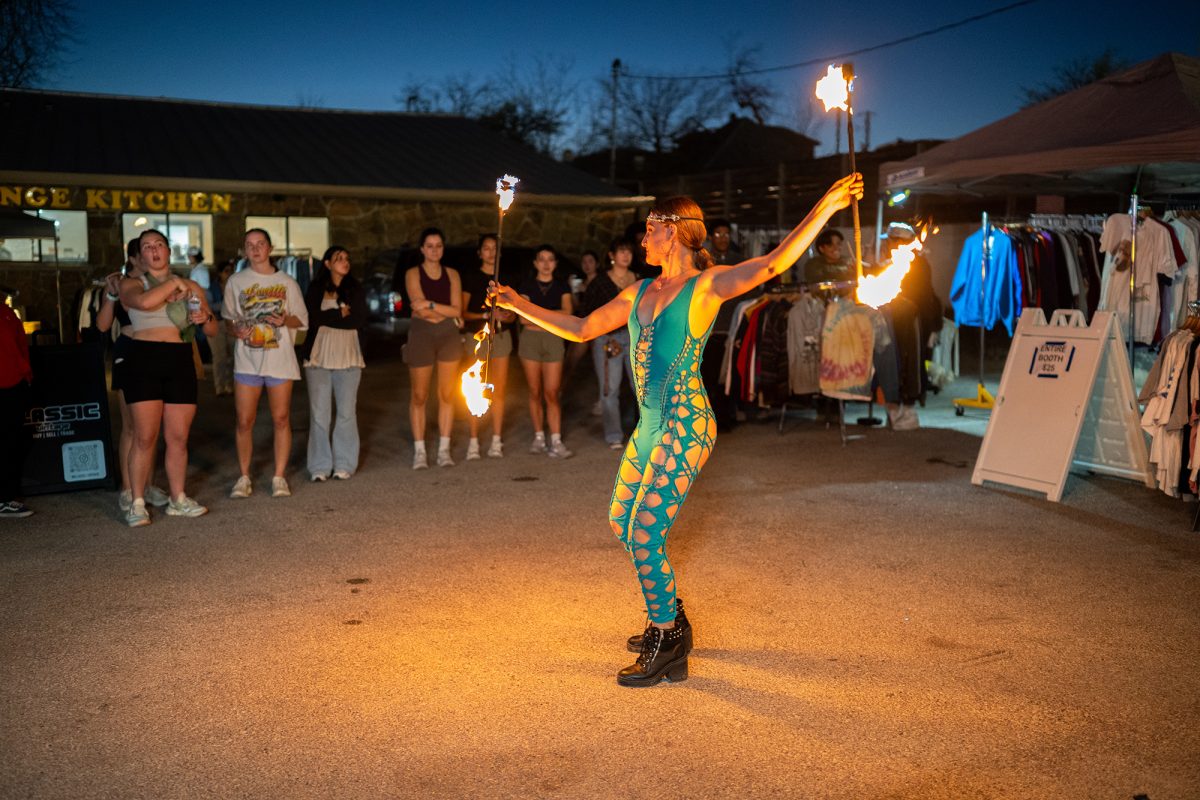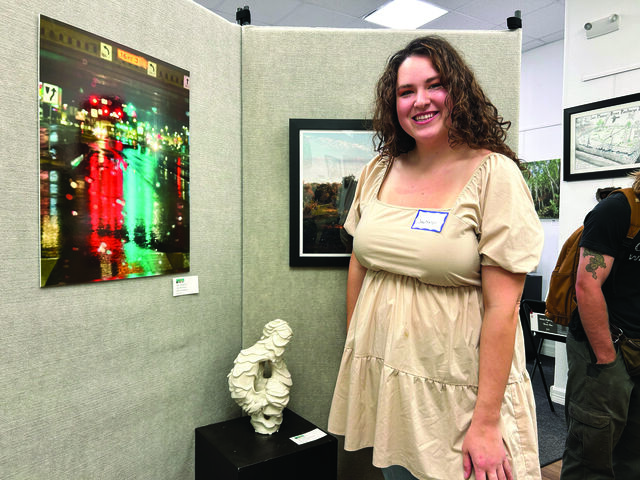In an effort to celebrate inclusivity and diversity, the Texas State community is being called upon to help rename the San Gabriel and Angelina Hall dormitories, along with two streets on the Round Rock campus, after distinguished Black and Hispanic/Latinx members throughout university history.
The initiative comes with the formation of the university’s Naming Task Force, which will help compile the submissions of alumni, students, faculty and staff on who the two residence halls and streets should be named after.
Dr. Scott Bowman, special assistant to the Provost for inclusion and diversity and associate professor in the School of Criminal Justice, as well as Dr. Gloria Martinez, a professor in the department of sociology and director of the Center for Diversity and Gender Studies, are the co-chairs of the Naming Task Force.
The task force also features a committee member, sub-committee members and students who will help review nominees.
“We’re going to go through the names based on a rubric and then we select them based on how they’re distinguished, based on their accomplishments, their achievements and any distinctions that they hold,” said Martinez, who noted that she is excited for Texas State to recognize more role models of color. “We’re going to rank them according to a rubric we are still working on creating since it’s still really early on.”
Evan Bookman, a political science senior and San Gabriel Hall resident, is also looking forward to the university’s initiative to honor more people of color on campus.
Bookman, who is president of Texas State’s NAACP Unit 6875-B and the Black President’s Council, added that despite his enthusiasm for change, he believes the renaming of the residence halls is a performative action.
“It’s like you have this issue of having Flowers Hall named after a former Texas State president who was a segregationist, and then you have another residential hall and scholarship named after Sallie Beretta, a member of the daughters of the confederacy group which is all about anti-Black racism and white supremacy,” Bookman said. “It’s been this way for some time now, so why not remove those names in an effort to dishonor and condemn white supremacy?”
Former Southwest Texas State President John Flowers served during the civil rights movement in the 1950s and early 1960s. Flowers, along with the registrar of the college and Board of Regents, was sued by the father of Texas State alumna Dana Jean Smith after she was rejected from the university due to the whites-only provision established in the college charter. Smith met all other academic qualifications but was sent a letter from Flowers stating he could not admit her due to her “racial background.”
Smith won the lawsuit in 1962 and became the first Black student to integrate into the university, helping pave the way for four other Black women to enroll. And Bookman says if he could choose one person to honor with the renaming of the residence halls or another building on campus, it would be Smith.
University President Denise Trauth says she and the President’s Cabinet realized only one building on campus is named after a Hispanic member of the Texas State community, Richard Castro, which she says pushed them to take action toward renaming other buildings.
“[Castro] established a number of scholarship programs at the university and elsewhere,” Trauth said. “We did have one name for a Hispanic person, but we didn’t have any buildings named for a Black or African American person. So, it all just kind of came together in both the spirit of celebration and inclusivity.”
Students have protested and spoken out in years past, urging administrative leaders to do more in areas of representation. Trauth, whose tone has shifted in recent months from a place where students of color felt she and the administration were not always acting in their favor to now public messages of support for Black lives, says the university has a responsibility to listen to its students and take initiative to create change that, now, is more important than ever.
“It’s very clear that we need to continue as a community at Texas State to examine ourselves and ask ourselves the question, ‘are we doing enough?’,” Trauth said. “We need to be part of the solution here to racial injustice, not on the other side of that. So, we work every single day; we ask ourselves constantly, ‘what are we doing, are we doing enough?’, and we will continue to do that, to listen, but also to take action because action is important, and undertaking initiatives, like renaming residence halls, is an action that I think is symbolic and really tells an important story particularly to our students.”
To submit requests for Black or Latinx distinguished Texas State, visit the Naming Task Force website. The deadline to submit nominations is Dec. 31.
Categories:
Residence halls to be named after Black, Latinx Texas State figures
Cristela Jones, Life and Arts Reporter
December 14, 2020
The San Gabriel and Angelina residence halls, located at 951 Moore St., are the dormitories the Office of the President announced will be named after Black/Latinx distinguished individuals.
0
Donate to The University Star
Your donation will support the student journalists of Texas State University. Your contribution will allow us to purchase equipment and cover our annual website hosting costs.
More to Discover









